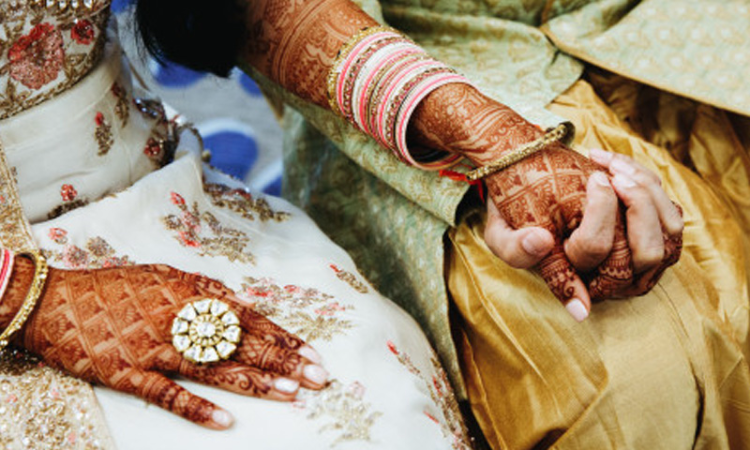NGO CJP Moves Supreme Court Challenging UP & Uttarakhand's Anti-Conversion Laws In Name Of Love Jihad
Akshita Saxena
16 Dec 2020 7:09 PM IST

"Impugned laws make Government assume the role of protecting religious identities of people and demonstrates intolerance towards religious choices of people."
Next Story


